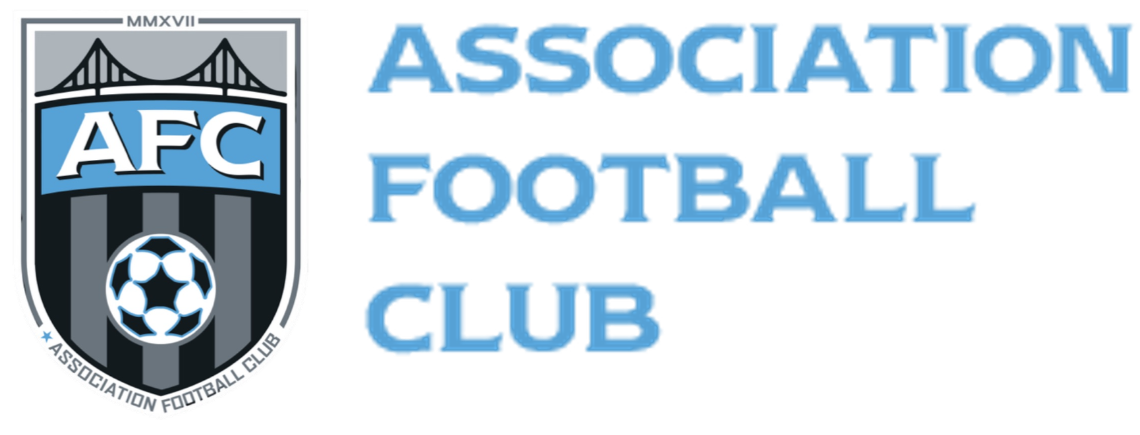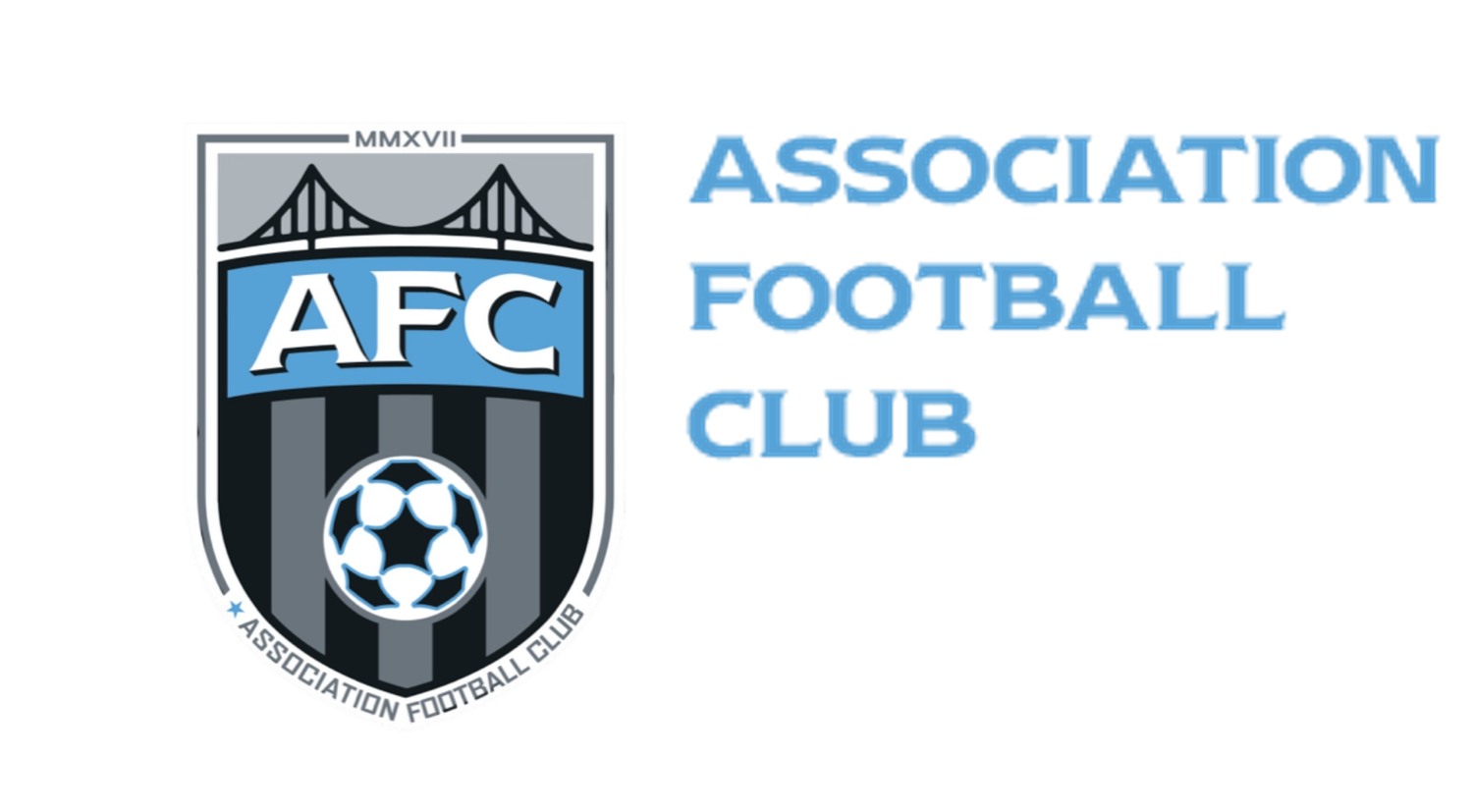
Contacting Coaches
Another valuable way to learn more about colleges and collegiate soccer programs is to open the lines of communication with college coaches. Many collegiate coaches have standard information packets about their soccer programs for high school players and will be happy to send you these materials in the mail. Some coaches have information packets for prospective athletes to fill out and return to the coaching staff. This is a way for the coaches to keep a record of you.
Keep in mind that collegiate coaches are not allowed to make phone calls to prospective players until July 1st after their junior year in high school, so if you leave a message for a college coach, they cannot return your call. Thus, if you are a freshman, sophomore or junior the best way to contact a coach is to write a letter or an email.
Not only can you request information about the soccer program and the school when you write a letter, you can take advantage of this opportunity to introduce yourself as a prospective collegiate soccer player. This way, you and the coaching staff are exchanging information and learning about each other in the process. The college admissions and recruitment process is a two-way street. Admissions officials and soccer coaches will be selecting you just as seriously as you are making decisions between schools, therefore it is essential for you to acknowledge your active participation in the process.
The letter you compose should be short and straightforward. The objective of the letter is to request information and to briefly introduce your self as a prospective student-athlete. You may include a more extensive soccer resume if you have one, however, there will be plenty of time in the future for this as well.
Read the general guidelines about creating a resume below.
Not only do college coaches devote a great deal of time to the recruitment process, they also must manage a team, lead practice and travel to away games amongst other things. If you keep your initial letters short, college coaches will be grateful and more apt to read your materials carefully.
Contents of a letter – what to include:
Name, high school, current grade level
Home address, email address, phone number
High school soccer experience, years of varsity experience, team accomplishments (league champions, conference titles, etc…), personal awards (All-League, MVP, highest scorer, etc…)
Current club team, recent team accomplishments (tournament champions, division champions, etc…), personal awards
Academic interests
Community service/work
Soccer resume (optional)
List of upcoming club events/tournaments you’ll be participating in
If you would like to use a template that has been designed for you to fill out and send to coaches then please download the letter template. (coming soon)
Creating a soccer resume
You should put together a resume that includes your basic personal information, athletic accomplishments and provides information about your past teams, camps, tournaments and other soccer experiences. Don’t forget to include athletic accomplishments in other sports as well. Coaches like to see athletic versatility and talent. Then list your scholastic accomplishments, include standardized test scores if available, and any extracurricular activities, such as school clubs or volunteer activities. Let the Coach know of any showcase tournaments you will be attending with your club team. That is a great way to be seen by a prospective coach.
A sample soccer resume is available for you to download. Please use this template and add to it where possible. (coming soon)
Resources
Here are some soccer websites that you will find useful:
NCAA Men’s Soccer
NCAA Women’s Soccer
NAIA Men’s Soccer
NAIA Women’s Soccer
SAT, PSAT Tests--College Board
ACT Test
FAFSA
NCAA Eligibility Center
National Letter of Intent
The Sport Source

